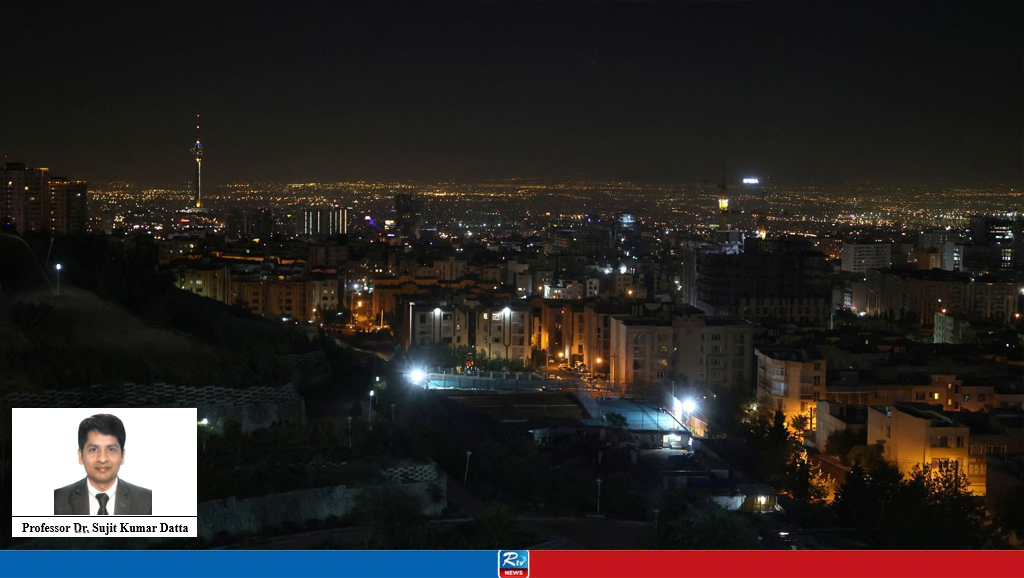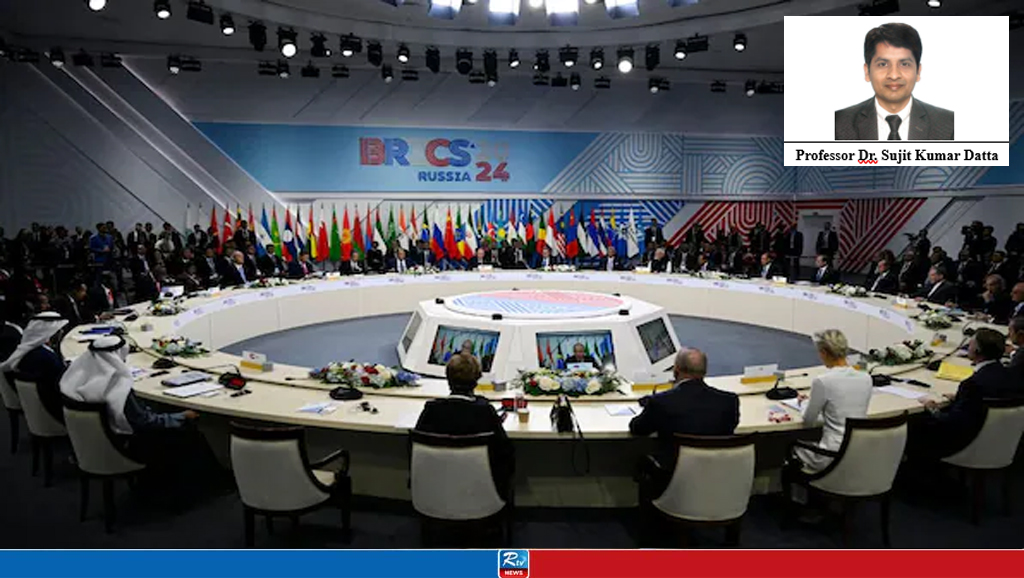The Israeli-Iranian Conflict: A Pathway to Regional Warfare

Israel launched a counterattack a few weeks after Iran's October 1 strike. In retaliation for Israel's brutal assaults on Gaza and Lebanon, as well as the assassinations of leaders of Hamas and Hezbollah, Iran has launched approximately 200 missiles against Israel.
The most recent confrontation between Iran and Israel is, first and foremost, a war between two nations; second, it may have ramifications for the whole Middle East. In what it saw as a self-defense operation, Israel recently attacked Iran, killing four of its troops. Iran, on the other hand, has said it will continue to resist Israeli attacks on Gaza, Lebanon, and its people.
This situation indicates a long-term regional conflict in the Middle East that could cause deep concern to the international community. It is the first time Israel has accepted responsibility for the attack on Iran, and Defense Minister Benjamin Netanyahu approved the plan at a cabinet meeting. Israeli media reported that Iran had been warned before the attack.
However, despite the warning, Iran did not react. Instead, the attack created more tension. Israel claims its attack was only on military installations. However, this is not just a retaliatory move; Israel's primary goal is to signal to Iran that Israel is ready to counter any Iranian military action. Such an aggressive move would not only escalate the Iran-Israel conflict but could lead to a broader war.
Iran has directly denied the Israeli attack and has made it clear that it is committed to resisting Israeli attacks on territories it supports, including Gaza and Lebanon. Iran's commitment shows that its response encompasses not only Israel but the entire region. The White House spokesman said the United States was not directly involved in the attack. However, US foreign policy has been made abundantly clear in Israel's recent strategy.
The visit of US Secretary of State Antony J. Blinken to Israel and Saudi Arabia was a pivotal moment preceding the conflict. The situation in the Middle East has become more heated after the disclosure of secret US-Israeli joint strategy documents on the strategy to attack Iran. The assault on Iran occurred promptly following Blinken's visit, leading to the inference that the incident is linked to his trip to Israel. Despite this declaration, many people think that without the direct or indirect support of the United States, Israel could not have played such a bold role in carrying out the attack.
This ongoing tension between Israel and Iran will not be limited to their bilateral conflict but could spill over into the broader Middle East. The crisis was exacerbated by Israeli military operations against Iran amid anti-Hamas and Hezbollah operations. It may not be limited to the conflict between Iran and Israel but may have broader regional implications.
Especially if significant powers such as China and Russia get involved in the conflict, the possibility of a terrible humanitarian catastrophe is high. In this situation, if countries such as Egypt, Qatar, and Saudi Arabia fail to take any action to bring peace to the region, the entire Middle East may become involved in an inevitable war. Meanwhile, the ceasefire brokered by Egypt once again proves that Arab countries are still optimistic about peace in the Middle East.
The assault by Israel on Iran not only intensifies the existing tensions between the two nations but also engenders the potential for a protracted crisis throughout the entire region. Israel's attack on Iran not only exacerbates the Israel between the two countries but also creates the possibility of a long-term crisis in the entire region. Although this attack is limited to military installations, the consequences could be more profound.
The Middle East will be rugged if the conflict spreads and other countries become involved. The situation will become more complicated if powers such as the United States and Russia play a more active role in resolving the conflict. The invasion of Iran, supported by the United States and executed by Israel, has not merely impeded the progress of peace negotiations in the Middle East; it is also steering the region towards an impending and extended conflict.
The writer is the former Chairman, Department of International Relations, University of Chittagong, Bangladesh and Non-resident Fellow, Hong Kong Research Center for Asian Studies (RCAS)
Comments
India's Ruling Party Have Potential to Tarnish Country's Reputation on Global Stage

Shock as China Vice-principal’s Affair with Ex-pupil Exposed amid US$96,000 Loan Row

Bangladesh’s Fragile Progress Toward Freedom of Expression


 Live Tv
Live Tv





